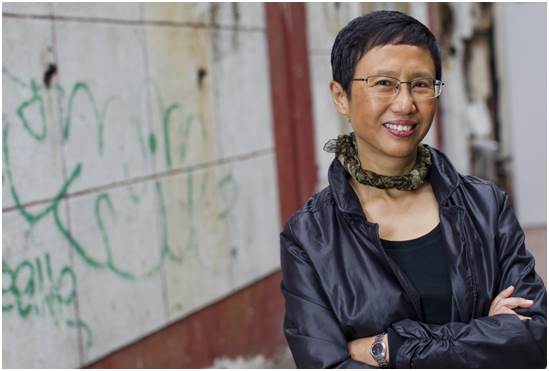In this fourth part of the series on the dramatic arcs we look at what constitutes the Falling Action and how you can write it.
Writing Skills
4 Tips to write the climax of a story
In the simplest of words the climax is the point of maximum tension in your story. Throughout this series, we have been using The Emperor’s New Clothes, a popular children’s story as an example. Until now, we know that the emperor is obsessed with new clothes and that he has appointed two weavers who are actually swindlers. The swindlers have promised to weave the finest cloth for the Emperor but the ‘finest cloth’ cannot be seen by incompetent or stupid people.
9 Writing Stimulators to combat Writer's Block

“You can’t think yourself out of a writing block, you have to write yourself out of a thinking block.”
– John Rogers
In our earlier post we gave you some ideas about what creative activities you can pursue when you want to take a break from writing. If you missed it, here’s the post –> 4 Creative writing tips to make you a better writer.
But what happens when you are unable to write?
4 Creative writing tips to make you a better writer
No new creative writing ideas. The words seem to be on strike. You read what you’ve written and are completely dissatisfied and suddenly you don’t feel like writing. You know that there is a better way of writing something it just won’t come to you.
Or you’ve written a few pages and have no idea what to do next and worse still, you are suddenly B-O-R-E-D with your story and you have this overwhelming urge to abandon it.
5 types of conflict in literature with examples
 We provided you with tips on how to write and develop the plot of a story.
We provided you with tips on how to write and develop the plot of a story.
We talked about why one of the top questions that you need to stop and answer during each writing session is, “Is Something Happening?”
Let’s look at this question under a slightly different light: If nothing were happening would it be interesting to read? This question is closely related to the topic on hand – conflict.
Interview with Shoba Narayan (award-winning author, freelance writer)

Shoba Narayan is an award-winning author and columnist. In the past, she has written for the New York Times, Wall Street Journal, Washington Post, Newsweek, Knowledge@Wharton, and other publications. She was awarded the Pulitzer Fellowship at the Columbia Journalism School. She is the author of two memoirs: Monsoon Diary: A Memoir with Recipes and Return to India.
Booksoarus caught up with the sprightly Shoba and chatted with her about her columns her memoir, “Return to India” and her writer-ly life.
Human-interest story writing: Learning from newspapers
This is the second part of the Career in Journalism series by Preeti.
So it’s the weekend and you are looking forward to an unhurried breakfast with various newspapers spread out across the table as you take in some mental refreshment while sipping coffee.
Writing careers in demand that pay well
In the second and concluding part of the series on writing careers, Booksoarus brings to you both an insightful and illustrative list of writing options.
Career in Journalism in India
A writing career is not an oxymoron. The writing life can be a vocation. Consider a career in journalism, for instance.
Creative writing courses: Interview with Xu Xi (MFA, Hong Kong)

Photo credit: Paul Hilton
If you are an English writer looking for creative writing courses, be sure to check out the Master of Fine Arts in Creative Writing (MFA) offered by City University of Hong Kong.